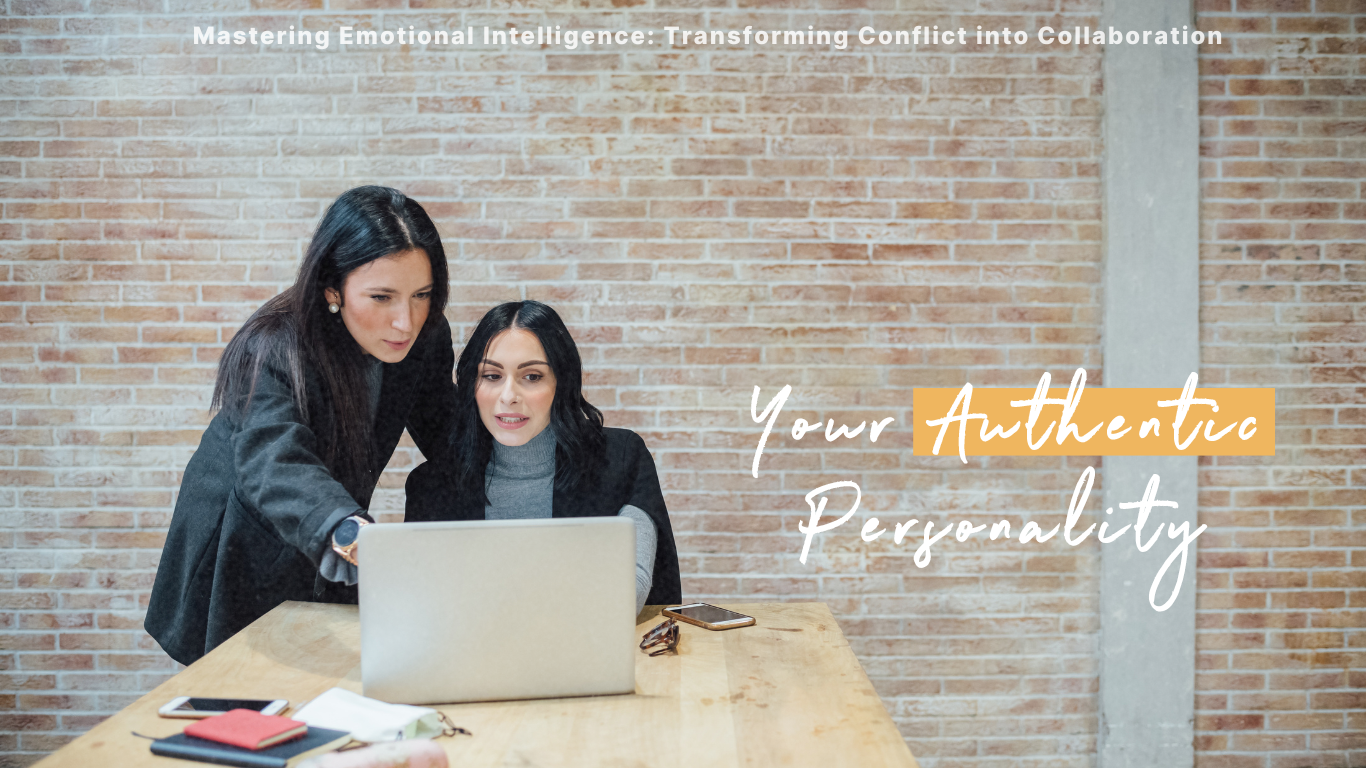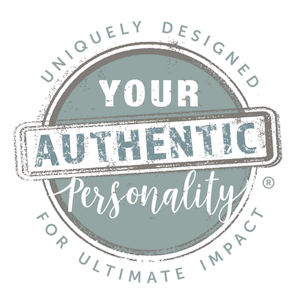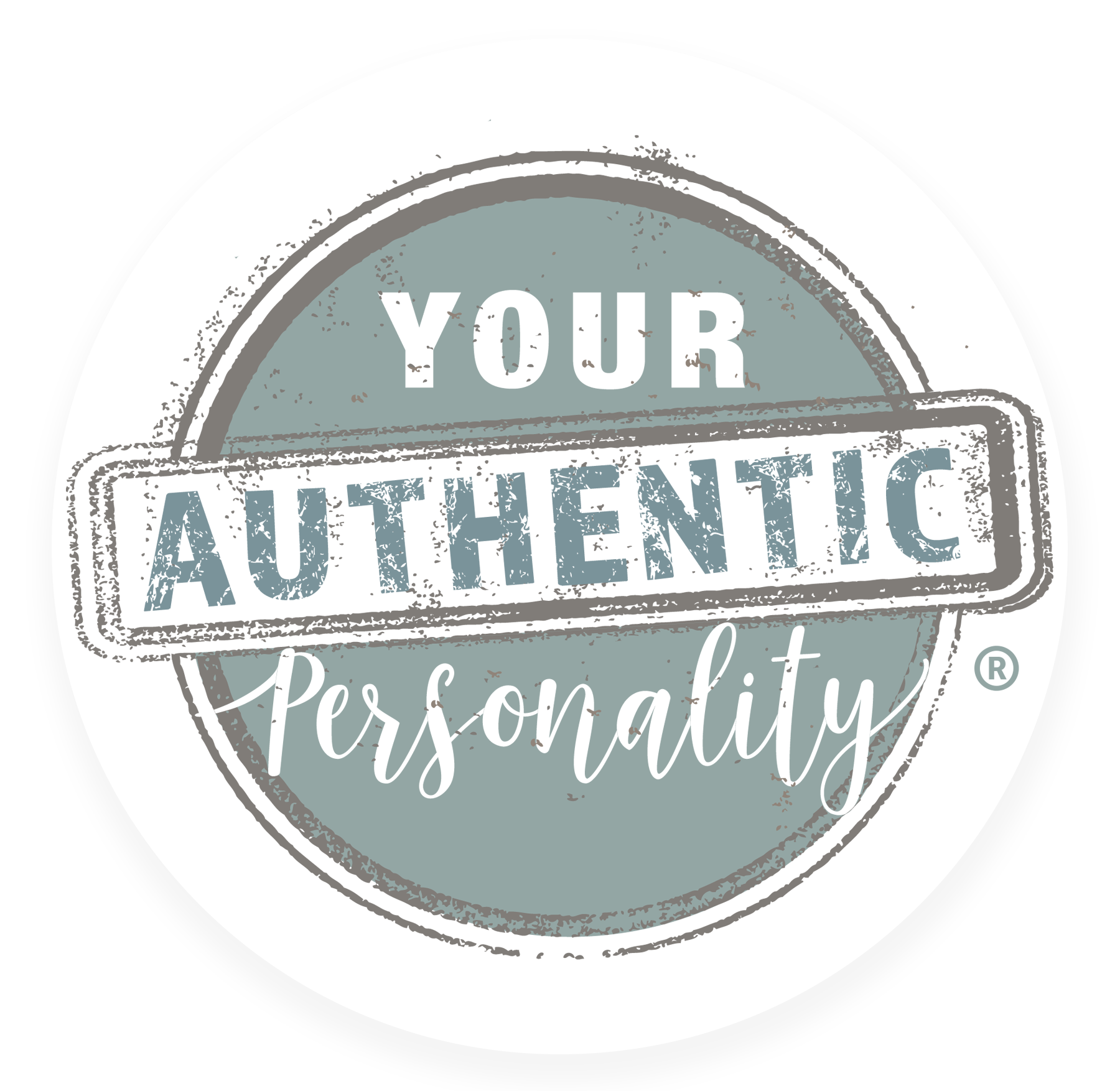Mastering Emotional Intelligence: Transforming Conflict into Collaboration
January 14, 2025
Mastering Emotional Intelligence: Transforming Conflict into Collaboration

Conflicts often arise simply because people are inherently different. The bad news is that these differences can lead to misunderstandings and disagreements. The good news, however, is that people are predictably different. Understanding the pattern of their personalities through the DISC framework and incorporating insights from Your Authentic Personality Types
can empower you to manage conflict successfully, using emotional intelligence to navigate these challenges effectively in both your professional life and personal relationships.
Mastering Emotional Intelligence through DISC and Your Authentic Personality Types in Conflict Management
In the realm of personal and professional interactions, conflict is inevitable. The key to handling these conflicts lies in emotional intelligence—the ability to understand and manage your emotions and those of others. Integrating the DISC personality
framework with Your Authentic Personality Types—Doer (D), Connector (I), Stabilizer (S), and Improver (C)—enhances this skill
by providing clear pathways tailored to your personality type, enabling more effective communication and resolution strategies.
What is DISC and Your Authentic Personality Types?
The DISC model categorizes personalities into four main types, each with a corresponding Authentic Personality Type:
Dominance (D), also known as the Doer; Influence (I), or the Connector; Steadiness (S), known as the Stabilizer; and Conscientiousness (C), or the Improver. Each type responds to conflict in unique ways, influenced by their emotional tendencies and communication styles.
If you want to know your DISC type, you can take the test here.
If you want to know Your Authentic Personality Type, you can take the quiz here.
Learn more about each of the types here.
D: Dominance (Doer)
As a Doer, your direct and results-oriented approach can be an asset in conflict situations. However, it's crucial to balance this with emotional intelligence to avoid being perceived as aggressive.
Strategies for Doers:
- Cultivate Self-awareness: Recognize when your directness may overwhelm others. Pausing to assess the emotional climate can make your interactions more effective.
- Practice Empathetic Leadership: Focus on understanding the needs and feelings of others to foster a more collaborative environment.
I: Influence (Connector)
As a Connector, you thrive on interaction and are naturally persuasive, but your conflict management should focus on emotional depth to ensure meaningful resolutions.
Strategies for Connectors:
- Enhance Emotional Connections: Use your communication skills to truly listen and connect emotionally, addressing the underlying feelings in conflicts.
- Balance Positivity with Realism: Ensure that your aversion to conflict does not bypass genuine issues needing attention.
S: Steadiness (Stabilizer)
Your calm and supportive nature as a Stabilizer is a cornerstone of your emotional intelligence. In conflicts, leveraging these traits can lead to harmonious outcomes.
Strategies for Stabilizers:
- Assert Your Emotional Needs: It’s important to express your feelings clearly to prevent being overlooked.
- Foster an Environment of Mutual Support: Use your empathy to encourage open, supportive dialogues that respect everyone’s emotional perspectives.
C: Conscientiousness (Improver)
As an Improver, your approach to conflict often focuses on facts over feelings, which can benefit from a stronger infusion of emotional awareness.
Strategies for Improvers:
- Acknowledge Emotional Data: Recognize that emotions are just as critical as facts in resolving conflicts.
- Communicate with Sensitivity: Strive to express your analytical thoughts in ways that are considerate of others’ emotions, promoting clearer, more respectful interactions.
Applying Emotional Intelligence with DISC and Your Authentic Personality Types in Personal Relationships
The emotional intelligence strategies derived from your personality type are not only effective in professional settings but are crucial in personal relationships as well. For instance, a Doer might work to manage family conflicts with more empathy, while a Connector could enhance connections with friends by fostering deeper emotional understanding.
The integration of DISC and Your Authentic Personality Types in conflict management allows you to not only respond to conflicts more effectively but also to transform these challenges into opportunities for growth and deeper connection. By understanding both the emotional landscape and the behavioral tendencies of yourself and others, you can navigate conflicts with grace and efficacy, ultimately leading to more fulfilling and harmonious interactions both at work and at home.

www.YourAuthenticPersonality.co




